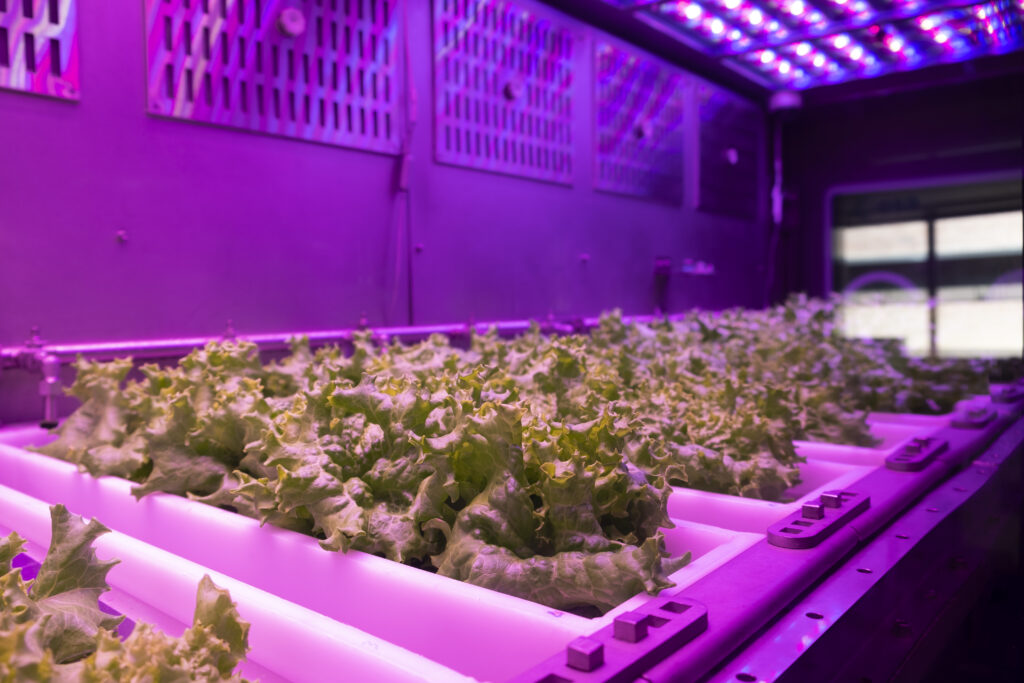The MELiSSA Pilot Plant is an external laboratory of the European Space Agency located at the Campus of Universitat Autònoma de Barcelona. The MELiSSA Pilot Plant is a facility of the MELiSSA project, and it is a unique site in Europe for the ground demonstration and integration of regenerative life support technologies for Space. This is performed under industrial quality standards, in long-term continuous operation, terrestrial conditions, and using animals (rats) as a mock-up of the crew.

